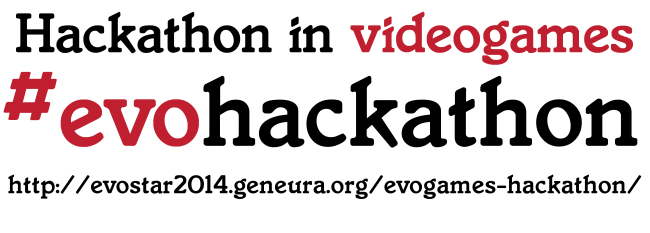This new research line was started one year ago together with PhD student Abdessamed Ouessai and professor Mohammed Salem both from the University of Mascara (Algeria).
The objective is focused on the improvemet of the decision process of an autonomous agent for playing a simple Real-Time Strategy Game, named µRTS (microRTS). See an illustrative image below of this game/simulator created by Proffessor Santiago Ontañón mainly for research purposes.

For the moment three papers have been published:
- Online Adversarial Planning in μRTS: A Survey. Presented at 2019 International Conference on Theoretical and Applicative Aspects of Computer Science (ICTAACS) on December 2019, and selected as Best paper of the conference.
- Improving the Performance of MCTS-Based µRTS Agents Through Move Pruning. Published and presented at IEEE Conference on Games 2020 last August 2020.
- Parametric Action Pre-Selection for MCTS in Real-Time Strategy Games. Presented at CoSECiVi 2020 yesterday.
Here you can see the slides and the video presentation of the paper at CoG:
Moreover an agent named USMBot was created and participed in the last µRTS AI Competition, reaching rank 4!!!
The bot can be found in Github
We hope you like it, as usual. :D
